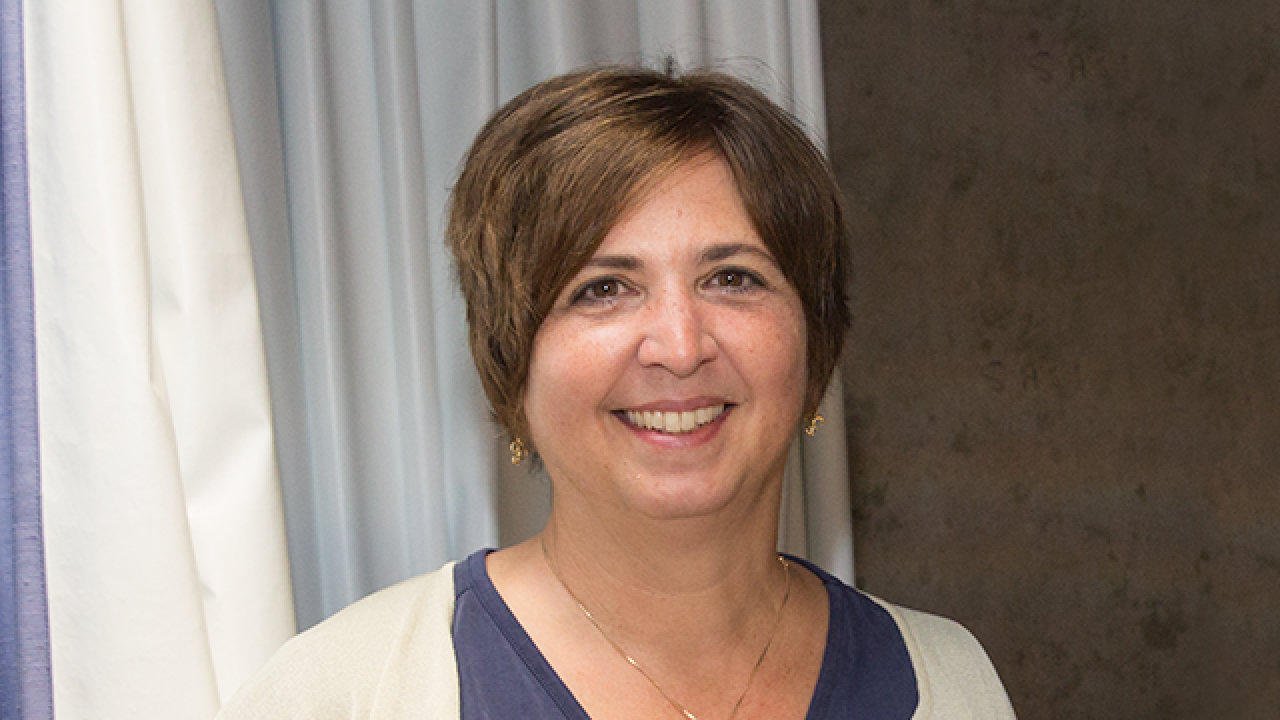
Cell Biologist Jodi Nunnari Elected to National Academy of Sciences
Professor Jodi Nunnari, chair of the Department of Molecular and Cellular Biology in the College of Biological Sciences at the University of California, Davis, has been elected as a member of the National Academy of Sciences. She studies mitochondria, tiny structures that provide energy to living cells and which are implicated in a wide range of diseases, including heart disease, stroke and inherited conditions.
“Beginning as a postdoctoral researcher, Jodi has made discoveries that have transformed her field and helped demystify the genesis of a broad range of diseases,” said Ralph J. Hexter, interim chancellor of UC Davis. “Her pioneering work is a prime example of our university’s commitment to fundamental research to improve the human condition. I could not be happier to see her receive this much-deserved recognition.
Nunnari’s lab studies the behavior of mitochondria — which have their own DNA, separate from the cell nucleus — inside cells. Her work looks at the mechanisms through which mitochondria divide and fuse together, and at how mitochondrial DNA is organized and transmitted.
Nunnari is among 84 new members and 21 foreign associates elected to the academy this year, as announced by the academy May 2. She is one of 27 current or retired UC Davis faculty who are members or foreign associates of the academy.
“Election to the National Academies of Sciences is among the highest honors a scientist can receive in recognition of their distinguished scholarly contributions,” said Mark Winey, dean of the College of Biological Sciences. “Jodi’s election is very well deserved for her groundbreaking work on mitochondria. As powerhouses of the cell, mitochondrial failure is linked to a variety of inherited diseases, as well as neurological disorders and aging.”
Nunnari earned her bachelor’s degree from the College of Wooster in Ohio and her doctorate, in pharmacology, from Vanderbilt University. She carried out her postdoctoral research in the laboratory of Peter Walter at UCSF, where she discovered that mitochondria form a dynamic network with the cell. This concept has led her to fundamental insights into how mitochondria grow, divide and function.
The National Academy of Sciences is a private, nonprofit institution that was established under a congressional charter signed by President Abraham Lincoln in 1863. Together with the National Academy of Engineering and the National Academy of Medicine, it provides advice on science, engineering, and health policy to the federal government and other organizations.
Media Resources
- Video: Jodi Nunnari on mitochondria (iBiology)
- Nunnari Lab website
- This story originally appeared on UC Davis News
- Andy Fell, UC Davis News and Media Relations, 530-752-4533, ahfell@ucdavis.edu
- Jodi Nunnari, UC Davis Molecular and Cellular Biology, 530-754-9774, jmnunnari@ucdavis.edu
